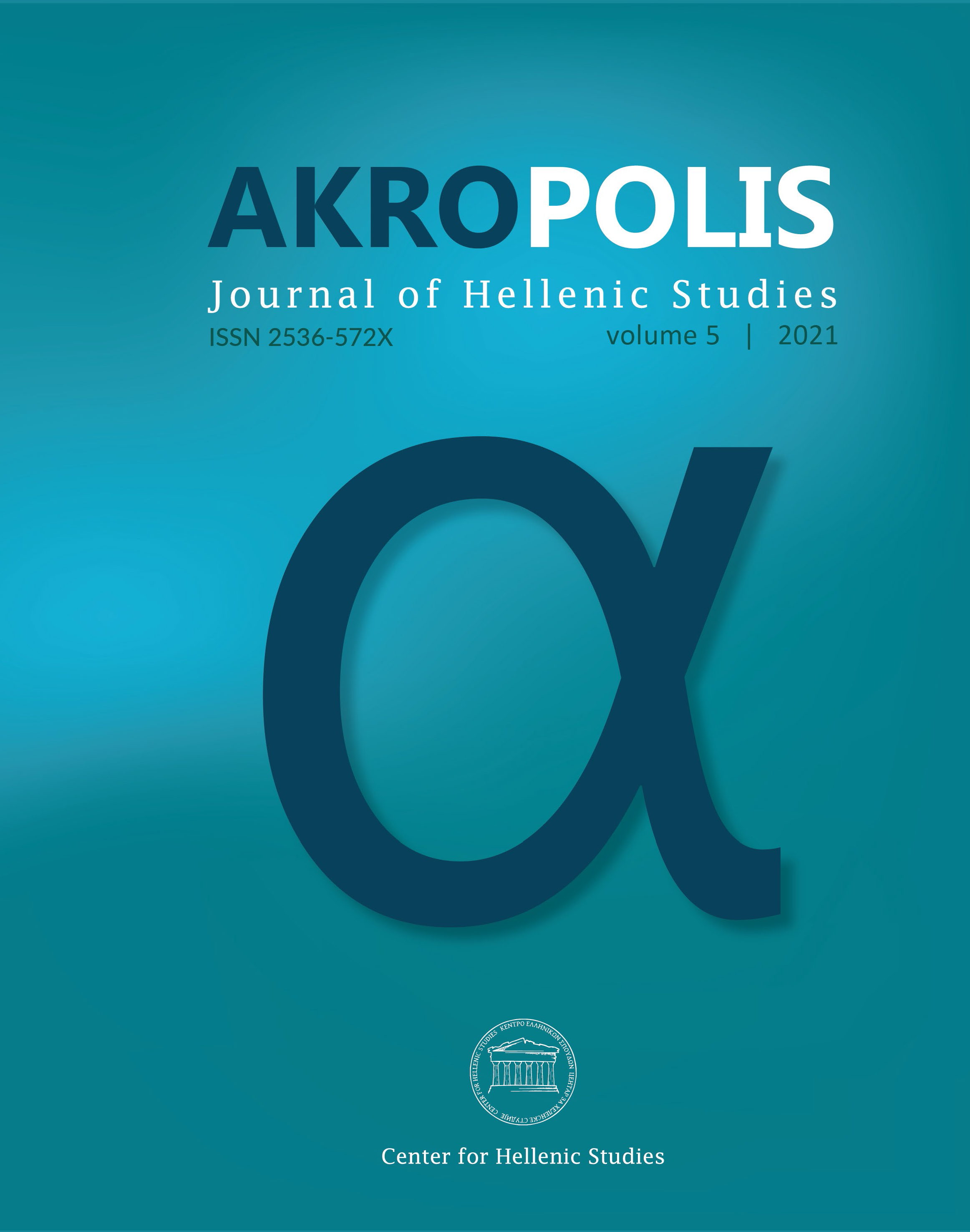Valuing Goods: The Development of Commensurability in Archaic Greece
Valuing Goods: The Development of Commensurability in Archaic Greece
Author(s): Mark S. PeacockSubject(s): Economic history, Ancient Philosphy
Published by: Центар за хеленске студије
Keywords: Solon; census classes; commensurability; metrology; medimnos
Summary/Abstract: To be monetised, a society requires a unit which measures the values of a wide range of goods. Being thus measurable, the values of goods are mutually commensurable, a point which Aristotle theorised in the Nicomachean Ethics (Book V). But whereas Aristotle gives rise to the impression that the stipulation of a currency unit suffices to make goods commensurable, societies themselves must undergo a process of commensurabilisation whereby people become habituated to valuing goods in terms of a unit of value. This essay examines the development of practices of valuation and commensurability in ancient Greece, paying particular attention to the rule of Solon and his division of the citizenry into census classes according to their yearly income. The assessment of citizens’ income presupposes a unit for measuring income. The stipulation of this unit, it is argued, had a decisive influence in developing practices of valuation and commensurability.
Journal: Akropolis: Journal of Hellenic Studies
- Issue Year: 5/2021
- Issue No: 1
- Page Range: 89-104
- Page Count: 16
- Language: English

